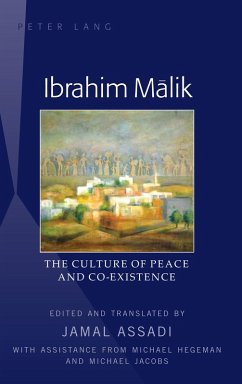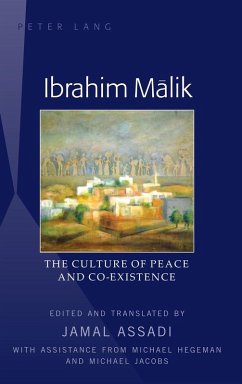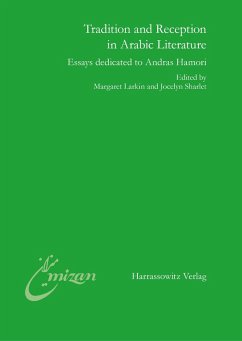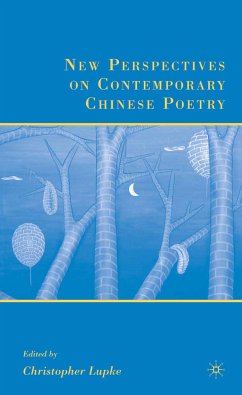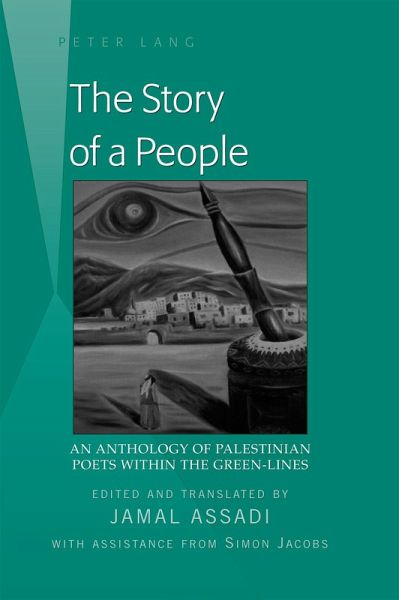
Story of a People (eBook, PDF)
An Anthology of Palestinian Poets within the Green-Lines- Edited and translated by Jamal Assadi- With Assistance from Simon Jacobs
Redaktion: Assadi, Jamal
Versandkostenfrei!
Sofort per Download lieferbar
Statt: 91,55 €**
66,95 €
inkl. MwSt.
**Preis der gedruckten Ausgabe (Gebundenes Buch)
Alle Infos zum eBook verschenkenWeitere Ausgaben:

PAYBACK Punkte
33 °P sammeln!
The Story of a People is the sixth in a series of volumes on Palestinian writers who compel into unity the contradictions of being Israeli citizens as well as sons and daughters of the Palestinian people. This volume contains the works of forty poets, and offers a variety of themes, styles, contexts, imagery, tones, and language. The poets, arranged alphabetically, depict a faithful picture of the various aspects of Arab life among what is called, paradoxically, Israeli-Palestinian societies. They present new arenas where opposing factors harmoniously join to struggle for dignity, freedom, and...
The Story of a People is the sixth in a series of volumes on Palestinian writers who compel into unity the contradictions of being Israeli citizens as well as sons and daughters of the Palestinian people. This volume contains the works of forty poets, and offers a variety of themes, styles, contexts, imagery, tones, and language.
The poets, arranged alphabetically, depict a faithful picture of the various aspects of Arab life among what is called, paradoxically, Israeli-Palestinian societies. They present new arenas where opposing factors harmoniously join to struggle for dignity, freedom, and justice. Readers of this volume will encounter serious poems strewn with light and humorous themes and poems of sensual and spiritual love interwoven with poems of the unusual and political. These Israeli- Palestinian poets' distinctive flavor emerges from their ability to challenge norms, fight oppression, and burst open closed doors to tell their own stories - the stories of their plight, alienation, marginalization, and hopes and dreams - in a new magnified voice, first to their community, then to their people and nation, then to their country, and now to the wider English-speaking public.
The poets, arranged alphabetically, depict a faithful picture of the various aspects of Arab life among what is called, paradoxically, Israeli-Palestinian societies. They present new arenas where opposing factors harmoniously join to struggle for dignity, freedom, and justice. Readers of this volume will encounter serious poems strewn with light and humorous themes and poems of sensual and spiritual love interwoven with poems of the unusual and political. These Israeli- Palestinian poets' distinctive flavor emerges from their ability to challenge norms, fight oppression, and burst open closed doors to tell their own stories - the stories of their plight, alienation, marginalization, and hopes and dreams - in a new magnified voice, first to their community, then to their people and nation, then to their country, and now to the wider English-speaking public.
Dieser Download kann aus rechtlichen Gründen nur mit Rechnungsadresse in A, B, BG, CY, CZ, D, DK, EW, E, FIN, F, GR, HR, H, IRL, I, LT, L, LR, M, NL, PL, P, R, S, SLO, SK ausgeliefert werden.





